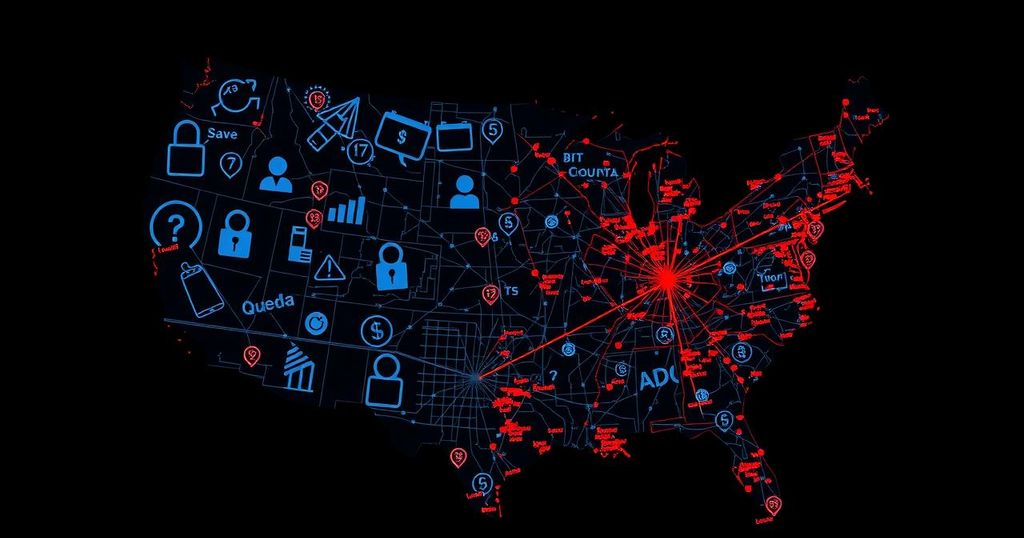Heightened Foreign Threats to U.S. Election Amidst Rising Tensions

As the 2024 presidential election approaches, foreign threats to the electoral process, particularly from Russia, Iran, and China, are escalating. Intelligence officials warn of disinformation campaigns and cyberattacks aimed at inciting discord and undermining public confidence in election results. The U.S. government is responding with proactive measures to detect and counteract foreign influence.
In light of increasing foreign threats to the upcoming U.S. presidential election, it has become imperative for national security officials to uncover and respond to these interferences more expeditiously. Recent incidents have highlighted the international meddling efforts by nations such as Russia, China, and Iran, with intelligence analysts and government officials echoing warnings about possible actions that might instigate discord and chaos surrounding the electoral process. Among the highlighted threats, Russia stands out as the most engaged actor, employing disinformation tactics, including the creation of misleading videos and the use of unwitting American influencers to disseminate false narratives aimed at undermining the electoral process. Security analysts have indicated that Russia intends to use these strategies to exacerbate division within the U.S. and foster distrust in the election results. Furthermore, Iran has reportedly engaged in hacking operations targeting the Trump campaign, seeking to leak potentially damaging information that could inhibit the Republican candidate’s campaign. Concurrently, evidence suggests that Iran, motivated by political vendettas, is also attempting to foment unrest within the United States related to its anticipated election results. While China has been identified as primarily observing the proceedings, its past cyber-espionage efforts underline a general pattern of international interference in American elections. The U.S. government has undertaken significant measures to disclose foreign threats proactively, drawing on experiences from previous election cycles to enhance security and assure the public of its electoral integrity. Nonetheless, the persistent tactics of foreign adversaries reflect an ongoing challenge for American democracy, necessitating vigilant responses from officials, tech firms, and civil society to safeguard the electoral process.
The persistent issue of foreign interference in U.S. elections has garnered renewed attention as the 2024 presidential election approaches. Historical episodes of meddling, particularly by Russia, have prompted heightened awareness about foreign influence and manipulation tactics, which include disinformation campaigns and cyberattacks aimed at destabilizing American democracy. Lessons learned from previous elections indicate the need for a robust defense against such interference, necessitating proactive measures from national security agencies and technological entities to protect the electoral process.
The upsurge in foreign threats to the upcoming U.S. election underscores the necessity for vigilance and swift action by government and tech entities. Russia, Iran, and, to a lesser extent, China represent significant challenges through various tactics aimed at manipulating public opinion and electoral integrity. The lessons learned from past instances of foreign interference have restructured the U.S. government’s approach, focusing on transparent communication and proactive measures to safeguard democracy in the electoral context.
Original Source: apnews.com






